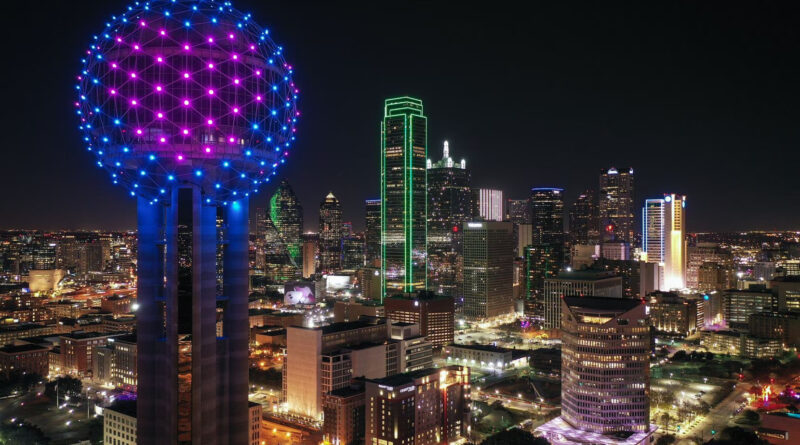History of Dallas Texas
Dallas, Texas has a long and storied history dating back to the mid-1800s. The city was founded in 1841 by John Neely Bryan, who settled near the Trinity River in what is now downtown Dallas. At the time, it was just a trading post on the frontier, but it quickly began to grow as more settlers arrived.
In the late 1800s, the city became an important commercial center for the cotton trade and a transportation hub due to its location on railroad lines. Major infrastructure projects like levees along the Trinity River and the construction of railroads connecting Dallas to other major cities helped establish it as a center of commerce.
The discovery of oil reserves near Dallas in 1930 led to immense wealth and further growth for the Metroplex. Major oil companies relocated to the city, skyscrapers sprung up in the downtown area, and it became known as an “oil capital.” During World War II, Dallas industry shifted to manufacturing airplanes and other wartime materials.
The postwar years saw massive suburban sprawl, as people and companies moved away from downtown. Major road construction projects like the Central Expressway helped connect downtown to its burgeoning suburbs. The devastating assassination of President John F. Kennedy in Dallas in 1963 put a national spotlight on the city.
In the 1970s and 80s, the Big D diversified its economy, expanding into telecommunications, technology, banking, and other industries so it wasn’t solely reliant on oil. The city continued to grow in population and emerge as a cosmopolitan, modern city. Major sports teams like the Dallas Cowboys brought more notoriety and economic impact.
The city has endured many trials, from the assassination of JFK to the recent police shootings and protests. But the city has persevered and continued to thrive as a business and financial center, with a diverse, growing population. The Dallas of today is much different from its frontier origins, but its independent spirit remains.
Discover more from City Towner
Subscribe to get the latest posts sent to your email.




